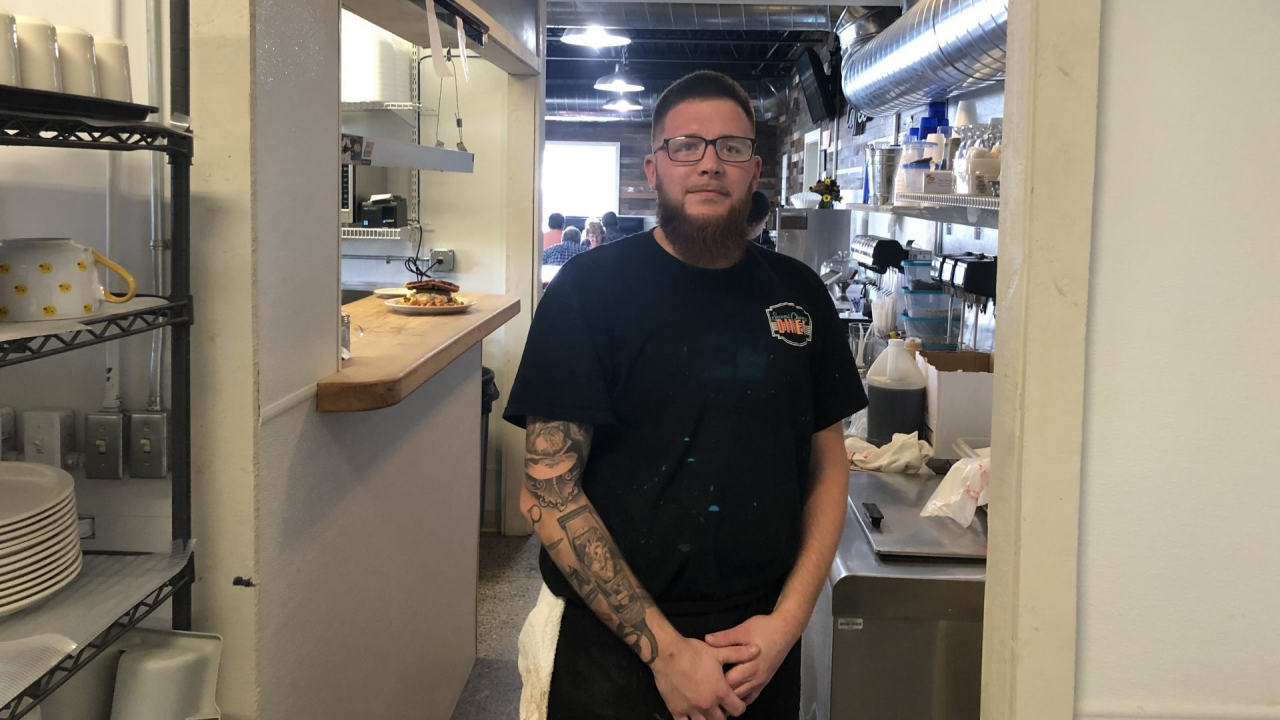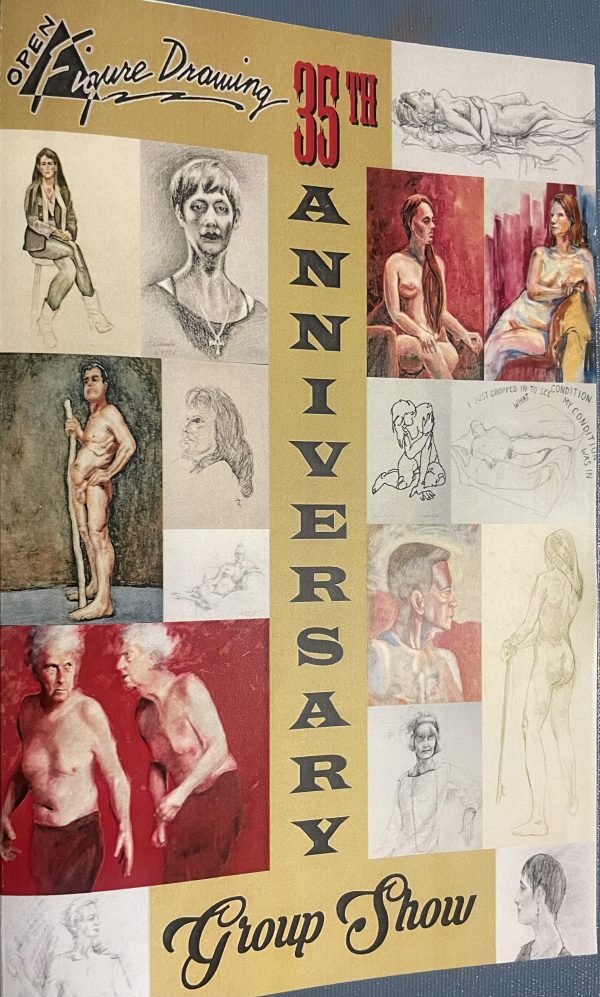
By Jeremy Hochman, SYRACUSE, N.Y. (NCC News) – There is a stigma in society towards people with substance abuse disorders according to Lisa Smith. She says being addicted to drugs is a disease of the brain, similar to a disease of any other part of the body.
Lisa Smith is a recovery advocate from New York City, author of Girl Walks Out of a Bar, and co-host of Recovery Rocks Podcast. She says that when she is speaking to large groups of people, she tells them people have to stop treating drug addicts like they are weak with a lack of willpower.
“If I have problems with my heart, I’d go to the cardiologist,” said Smith. “Addiction is the disease of the brain…you go get it treated and there shouldn’t be shame in that.”
Jill Choder-Goldman, a psychoanalyst in New York City, knows from speaking with her patients that people get tired of addiction. She says that if someone is willing to give up addiction, they will find more people than they realize with the same issues.
“After people spend years of taking, using, stealing, lying, cheating, being deceitful, that once they really do give it up… you realize you’ve gotten help and now you want to help,” said Choder-Goldman.

The owner of a diner in Camillus, NY is a recovering drug addict. Eddie DePalma has been clean for three years and is now providing a community for those that want to connect with others. He chose to open up Second Chance Diner to share his story and inspire other people.
“Sometimes people need to see a hand in front of them in order to take it because it’s hard to ask for a hand,” DePalma said. “Sometimes it’s easier to help someone start their path with a little pull.”
Smith felt alone during the 10 years of her drug and alcohol addiction. She wrote her book to document her struggles and her battles back to sobriety.
“The power of one addict helping another is without parallel,” said Choder-Goldman.
Smith said that as an addict, knowing that someone else faced the same problems helps one recover. For Smith, knowing that others appreciate her book helps her stay sober.
“In my first outpatient rehab meeting I heard people talking about alcohol the way I talked about alcohol, and thought about alcohol,” Smith said. “I thought, ‘Oh my god I found my people,’” Smith said.
DePalma believes that being able to talk to someone, especially a sponsor, helps addicts in recovery because they can help put addicts in the right state of mind on a bad day.
Nick Lessa, executive director and clinical director at Intercare in Manhattan, NY, says that a person facing drug addiction is first able to ask for help due to an, “intrinsic motivating factor.” DePalma and Smith did not have the courage to admit to their loved ones that they were addicted until they realized they would lose everything if they continued using.
“What we’ve been trying to do in the field is trying to get people to be open and honest with it publicly as much as possible,” Lessa said.
Lessa believes that people are reluctant to admit they need help because of the misperception and stigma surrounding substance abuse. Lisa Smith says talking to people with similar problems, and not being alone, helps make life easier and more enjoyable.
“There is hope in connection,” said Smith. “There is hope in not being alone.”




